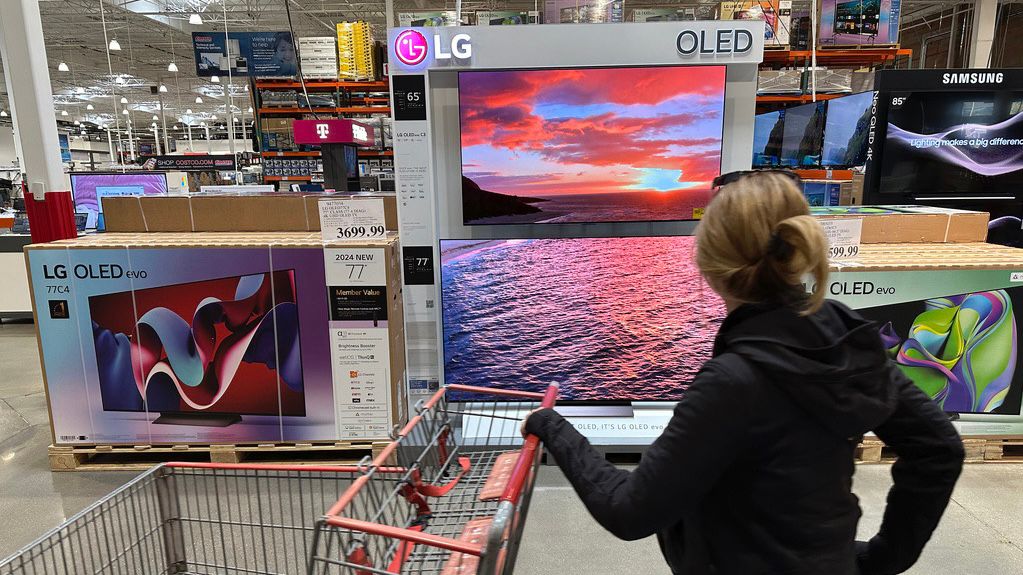Americans are feeling less confident in the economy. According to the new University of Michigan Surveys of Consumers, sentiment fell 10% in May.
“Strength in household incomes has been the primary source of support for robust consumer spending over the past couple of years, so a softening in labor market expectations is concerning and — if it continues — may lead to a pullback in consumers’ willingness to spend,” Surveys of Consumers Chief Economist Joanne Hsu said in a statement Friday.
“Consumers expect interest rates to remain high in the future, which will make it even more difficult for consumers to make large purchases.”
The precipitous drop in sentiment is a sharp turn from the previous three months, when consumers’ attitudes were relatively unchanged after dramatic increases late last year. Still, sentiment is about 20% higher than it was a year ago and 40% higher than its all-time low in June 2022 when inflation was peaking.
While consumers’ views about their personal finances were mostly unchanged in May, their attitudes about business conditions worsened.
Many consumers said they are worried about inflation, unemployment and interest rates worsening in the year ahead.
Slightly more than a third of consumers (38%) said they anticipate unemployment rates will increase in the coming year. They also expect their income growth to slow. Just 26% of consumers expect interest rates to fall in the next year — a decline from 37% who felt that way in January.
“A rising share of consumers have blamed high interest rates or tight credit for poor buying conditions for homes and cars,” according to the survey. “Interest rates were less of a concern for durable goods. In contrast, the sharp deterioration seen in buying conditions for durables was largely attributable to high prices."



